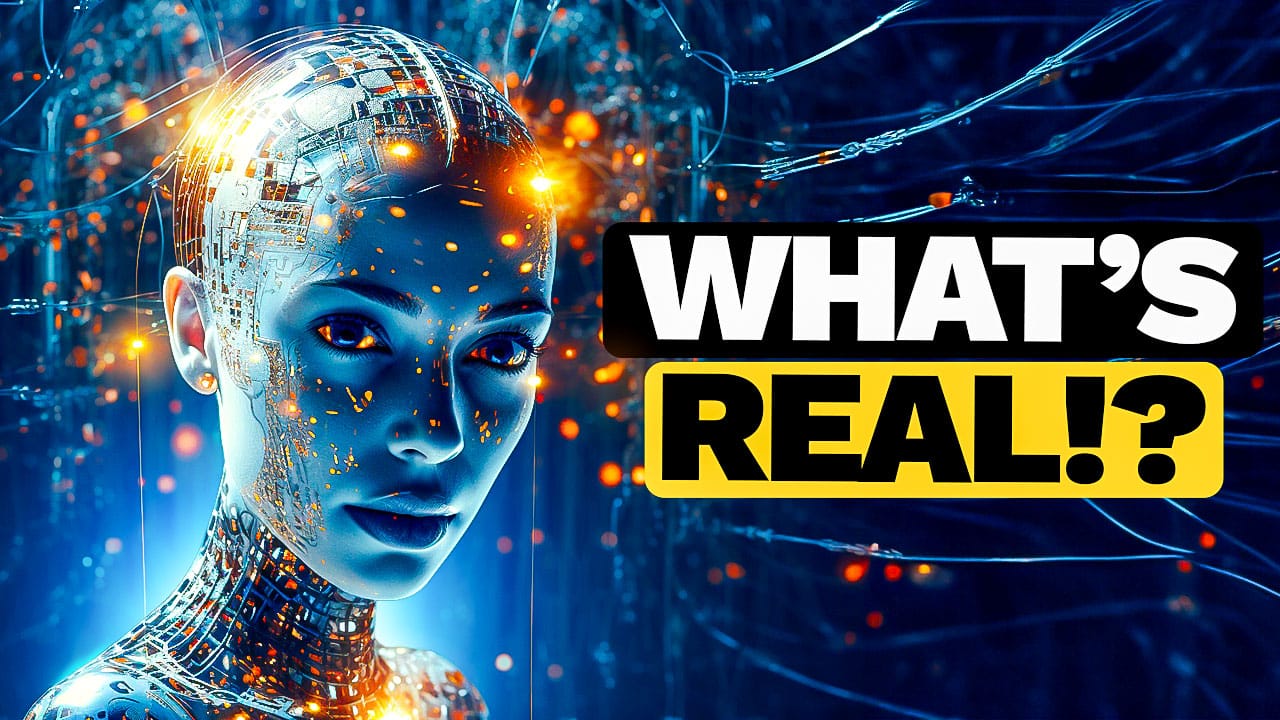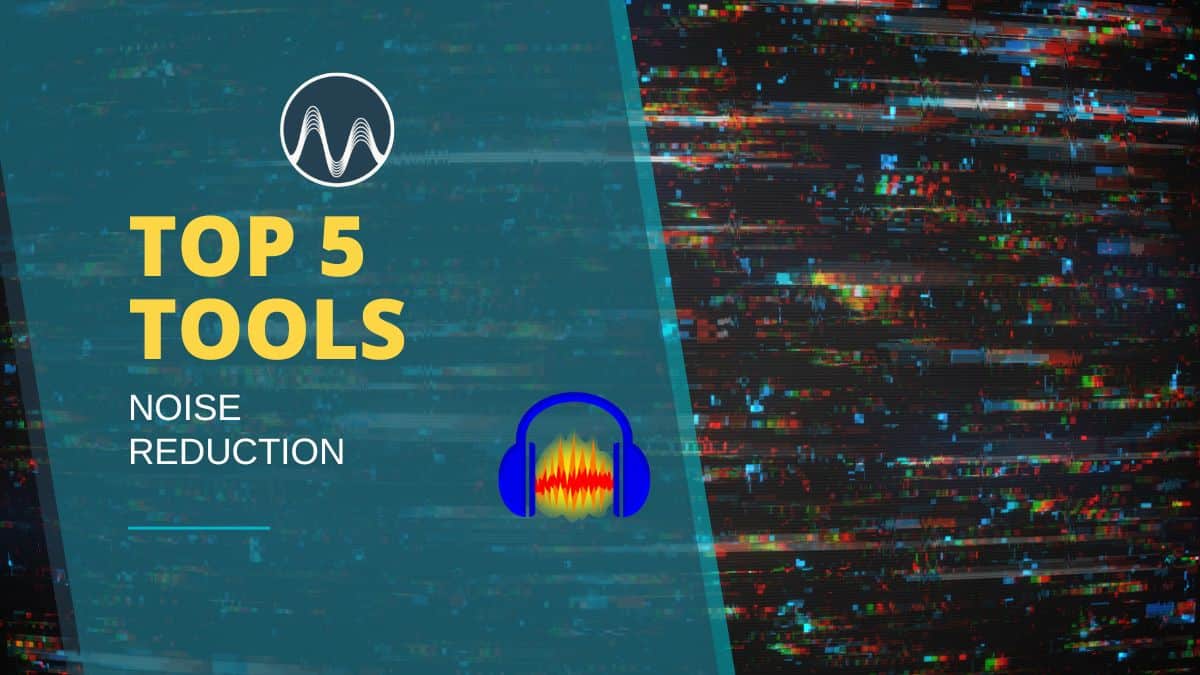
AI chatbots and personal assistants are becoming increasingly advanced, raising new ethical questions around their role in our lives. Hosts Mike and Izabela debate the pros and cons of a new AI chatbot called Pi created by the company Inflection AI.
What is Pi and Who Created It?
Pi stands for Personal Intelligence and is designed to be an AI powered assistant you can chat with naturally. It was created by the AI startup Inflection AI, which was co-founded by LinkedIn’s Reid Hoffman and DeepMind’s Mustafa Suleyman. Inflection AI recently raised $1.3 billion in funding from high-profile investors including Bill Gates and Eric Schmidt. The goal is for Pi to be more than just a utility – it aims to offer companionship and sound advice as your personal AI.
Privacy and Data Collection Concerns
Izabela raised several concerns around privacy and data collection. Personal assistants like Pi can gather huge amounts of personal data about users as they connect social media accounts and have ongoing conversations. Izabela referenced issues in Japan where technology and virtual companions have contributed to isolation and withdrawal from society among young men, known as “hikikomori.” There are worries the line between human relationships and AI could blur as people grow emotionally attached.
Capabilities and Limitations
To demonstrate Pi’s capabilities, Mike chatted with the chatbot live on the podcast. Pi aimed for friendly rapport, dodged questions about illegal activities, and showed personalization based on remembering past conversations. However, when asked for factual recommendations like radio jingle providers, Pi came up short and revealed limitations around searching the internet. The hosts debated whether Pi and similar AI could really replace the need for search engines and online shopping as some tech leaders envision.
Impacts on Business and Society
Bill Gates was quoted saying whoever wins at personal AI will dominate and make search engines and shopping sites obsolete. Izabela raised concerns about how this could impact businesses like theirs that rely heavily on SEO and organic traffic. More broadly, there are many open questions around how personalized AI assistants will impact business, mental health, relationships, and society as a whole.
Blurring Lines and Unknowns Around AI Companions
In one of the largest tests to date, an AI company called AI21 Labs had 15 million people chat and see if they could identify whether it was human or AI. 68% were correct on average, with women being slightly better at detection. Some worry younger generations that grow up chatting to AI characters and companions may have a harder time separating reality from AI relationships.
Effects on Gender Identity and Mental Health
Since AI assistants present themselves as non-binary, Izabela wondered if the proliferation of AI companions could encourage more children to identify as non-binary. Some studies show higher rates of depression and mental illness among youth who are non-binary. This raises questions around whether parents should limit children’s access to the potential influence of AI chatbots with character.ai being another popular AI chat service for the younger generation.
Ongoing Discussions Around Ethics
In closing, Mike and Izabela agreed continued discussions around ethics are needed as personal AI develops. While assistants like Pi have many potential benefits, there are also risks of manipulation or unhealthy attachment. More research is needed on the long-term impacts of AI relationships and companions so we can find the right balance.




